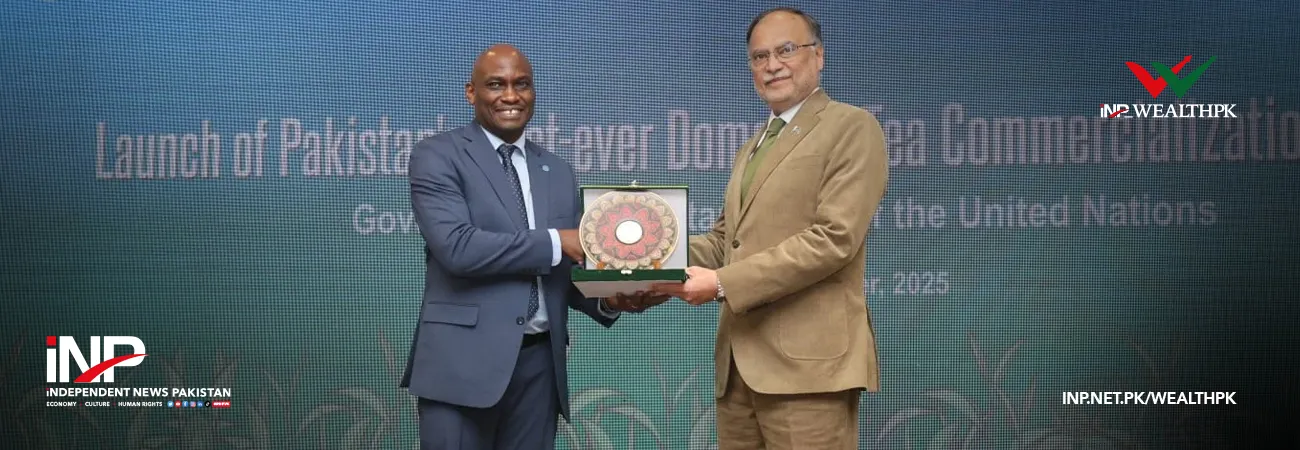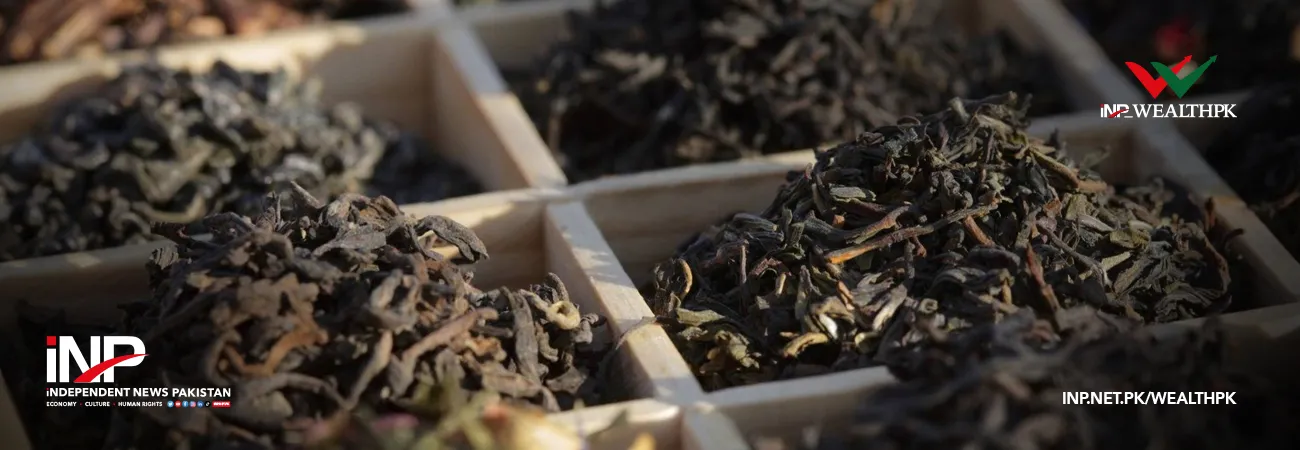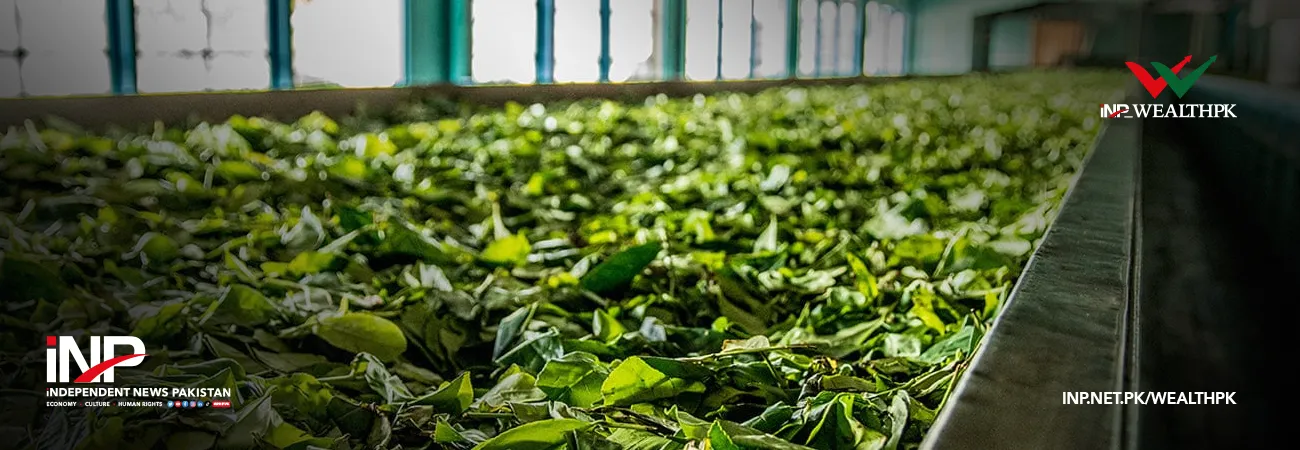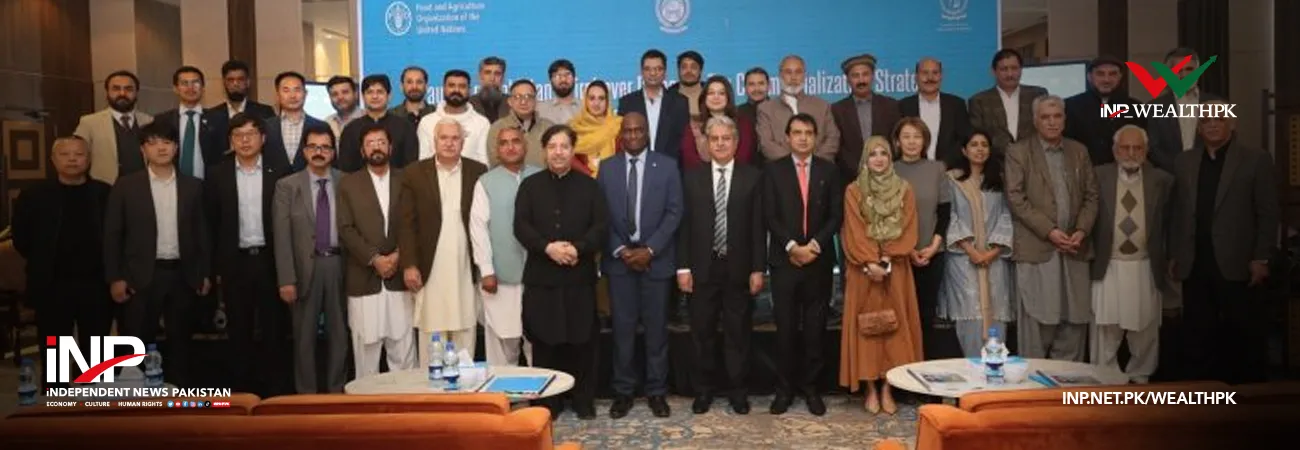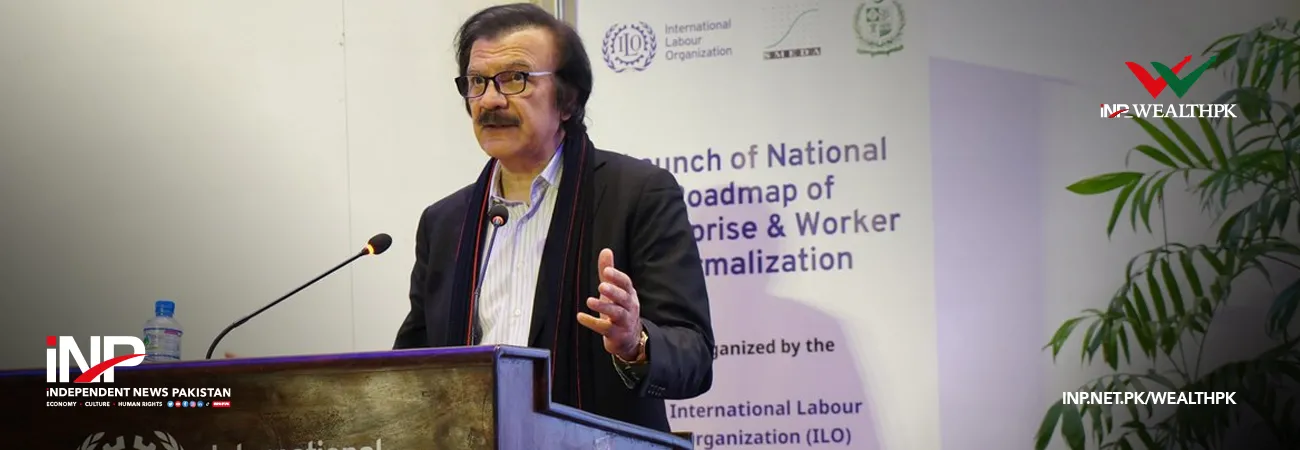INP-WealthPk
Ayesha Saba

As Pakistan seeks to enhance its global competitiveness and attract more foreign investment, addressing shortcomings in its intellectual property (IP) framework will be essential. The government's commitment to this cause, coupled with strategic reforms, could pave the way for a more innovative and prosperous Pakistan. Speaking to WealthPK, Kamran Ahmed, the All Pakistan Business Forum Policy Advisor, said Pakistan's current IP framework lagged significantly behind international standards. He cited the Global Innovation Index, where Pakistan ranks low in terms of IP protection, as a critical indicator of the country's unpreparedness to foster a competitive business environment. He said intellectual property rights were the bedrock of innovation. Without them, there is little incentive for foreign companies to invest in research and development within our borders. "Companies are reluctant to bring proprietary technologies and products into a market where they cannot adequately protect their intellectual assets. This hesitation stifles FDI, which is crucial for economic development," he cautioned.
He also recommended a plan to enhance IP protection in Pakistan, aiming to foster innovation and attract foreign investment. His first recommendation is a legislative overhaul to update and strengthen the existing IP laws, ensuring that they align with international standards, such as those set by the World Intellectual Property Organization (WIPO). This involves not only revising laws but also making them robust enough to protect various forms of intellectual property effectively. Kamran suggested raising awareness through public campaigns to educate businesses and the general public on the importance of IP rights and the benefits of compliance, fostering a culture of respect for intellectual property. An official from IPO Pakistan told WealthPK on the condition of anonymity that the protection of IPRs was crucial for economic growth and competitiveness. Multinational companies often base their investment decisions on the strength of a market's IPR enforcement.
A weak IPR system encourages counterfeiting and piracy, hindering innovation and business investment. He added that IPO-Pakistan, in collaboration with WIPO, had established 47 Technology Innovation Support Centers (TISCs) across the country. Located in the leading universities, R&D institutions, and chambers of commerce, these centers form a unique network promoting indigenous applied research protected by IP laws. They provide access to over 9 million patent-related data and information sources available on the WIPO database. As a member of international organizations such as the WIPO and the World Trade Organization (WTO), Pakistan has also signed international treaties related to intellectual property rights, including the Berne Convention for Protection of Literary and Artistic Works and the Patent Cooperation Treaty (PCT).
Credit: INP-WealthPk




